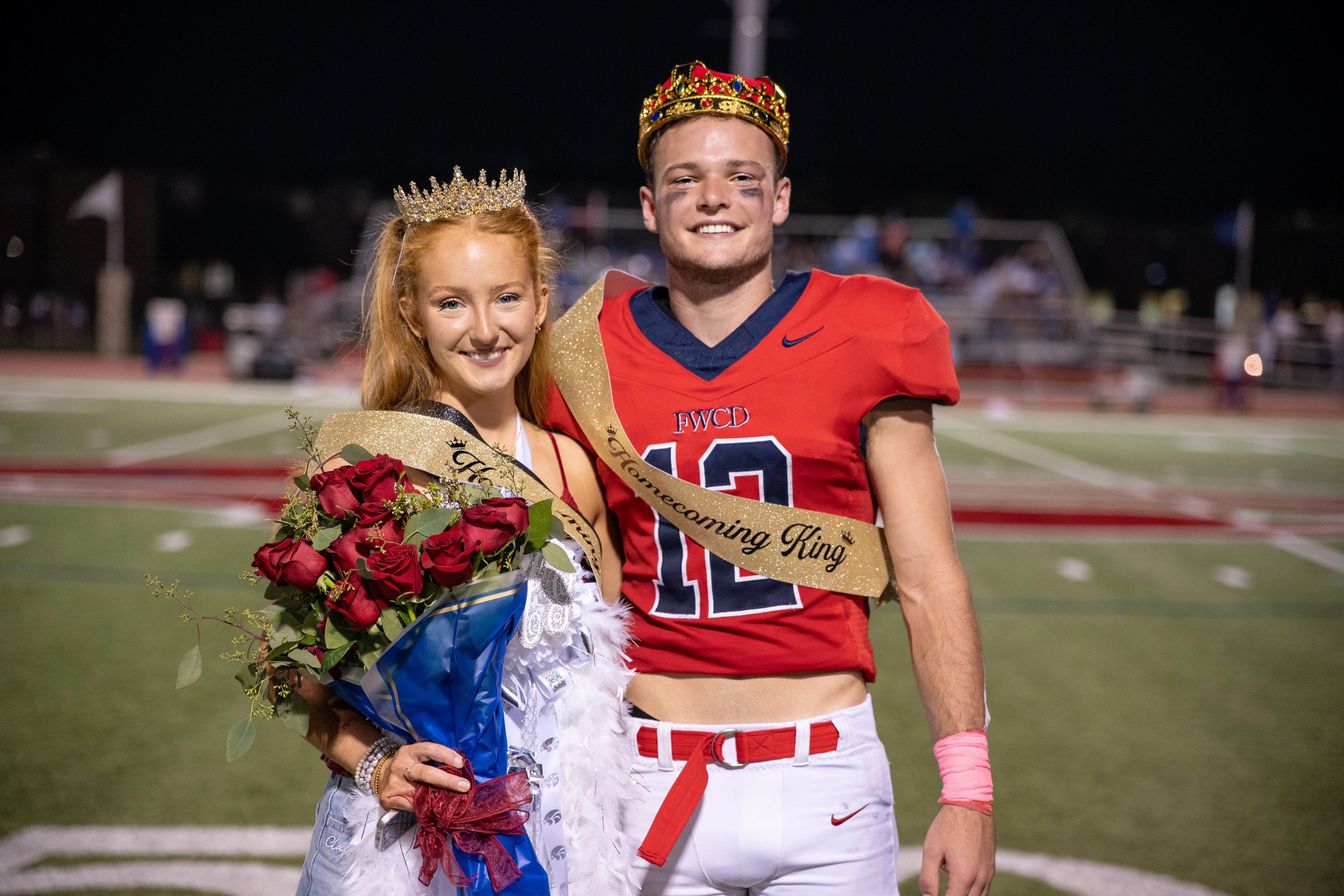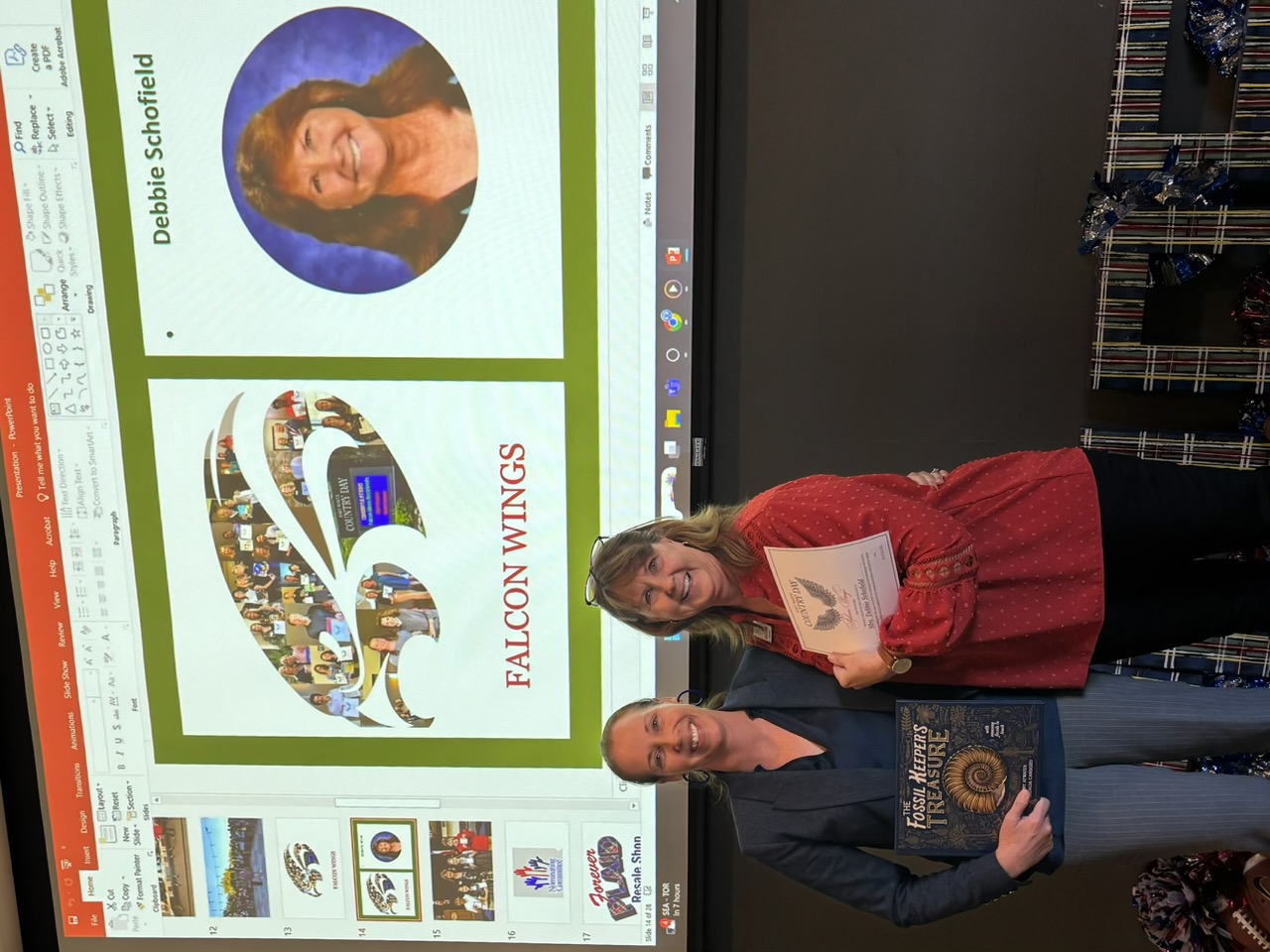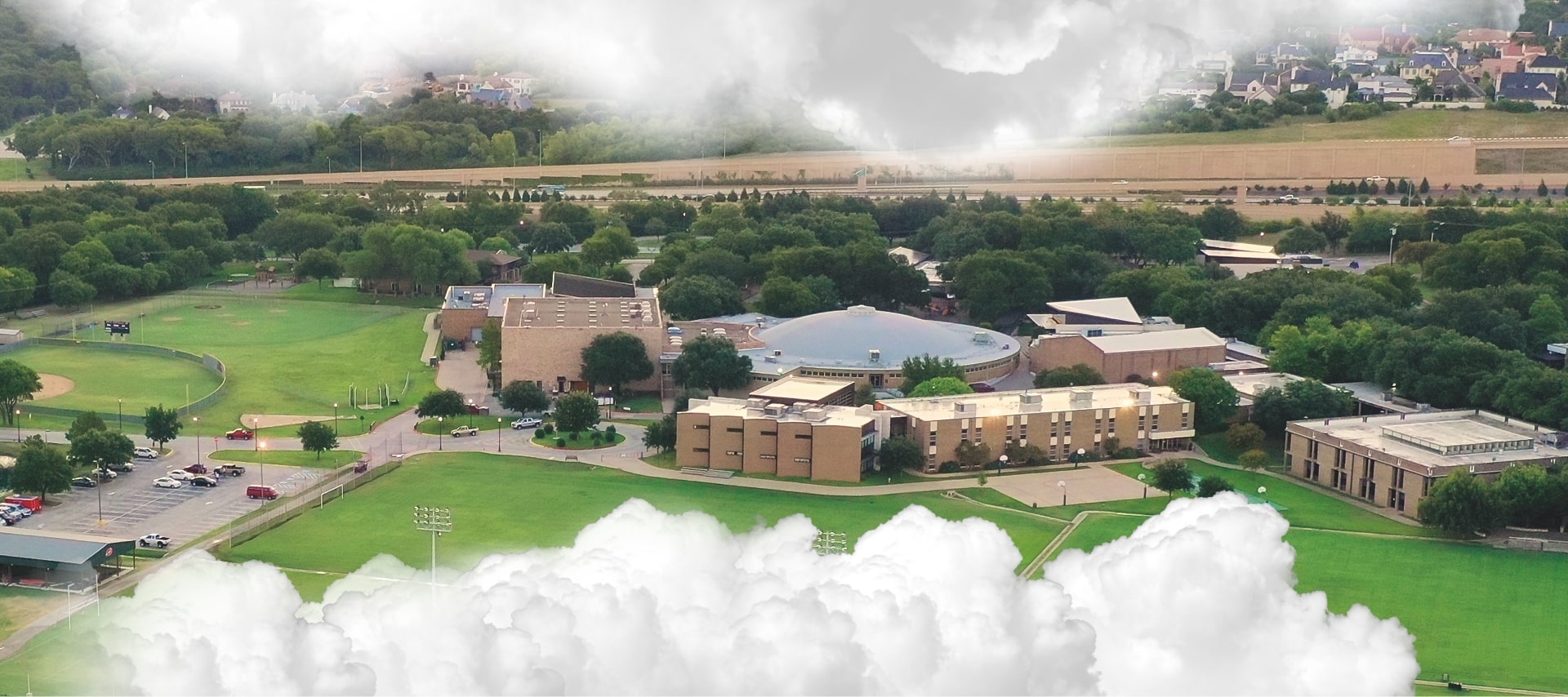Distinguished Alumni: Emily Stewart Lakdawalla ’92
Emily Stewart Lakdawalla ’92 is an internationally admired science communicator and educator, passionate about advancing public understanding of space and sharing the wonder of scientific discovery. She is the author of The Design and Engineering of Curiosity: How the Mars Rover Performs Its Job and Curiosity and Its Science Mission: A Mars Rover Goes to Work. A third book about NASA’s Mars rover missions is in progress.
Emily studied geology at Amherst College, conducting field research on deformed metasedimentary rocks in Washington state. After graduation, she taught fifth and sixth grade science at Lake Forest Country Day School in Illinois, where hands-on “space simulation” projects inspired by the Mars Pathfinder landing and Cassini’s launch made her wonder whether she could be an Extraterrestrial Geologist. The answer: yes.
Graduate studies at Brown University followed. Here, she discovered NASA’s vast, public archive of largely unseen Solar System photos. Emily found her calling: to bring the beauty of planetary exploration to the public.
In 2001, Emily joined The Planetary Society to lead education and outreach efforts for the Red Rover Goes to Mars project. She organized worldwide contests that sent high school students to Pasadena for rover training and operations during NASA’s Mars Exploration Rover mission. Since 2002, she has become a central voice at planetary.org, writing blogs, news updates and feature stories, as well as contributing to Planetary Radio and the Society’s magazine, The Planetary Report. She also served as Editor of The Planetary Report.
Emily has been a leader in the online community UnmannedSpaceflight.com, fostering collaboration among amateur image processors who transform raw spacecraft data into stunning portraits of other worlds. She showcases their work to help bridge the gap between professional science and public creativity.
A Contributing Editor to Sky & Telescope magazine, Emily has written about topics from Saturn’s icy moons and the Kuiper Belt to Mars exploration and the New Horizons mission. She has worked with children’s books about space, providing fact-checking, introductions, and expert guidance and has consulted for science documentaries.
Emily’s contributions earned her the Jonathan Eberhart Planetary Sciences Journalism Award in 2011 for her blog entry about Saturn’s Phoebe ring. In 2014, the International Astronomical Union named asteroid 274860 “Emilylakdawalla” in her honor. In 2017, she was awarded an honorary doctorate from The Open University.
She continues to serve the planetary science community in advisory roles, including with the Planetary Data System Ring-Moon Systems Node Advisory Council (since 2015), the Board of OpenPlanetary (since its founding in 2018), and the Advisory Board of the Society for Women in Space Exploration (since its founding in 2019).





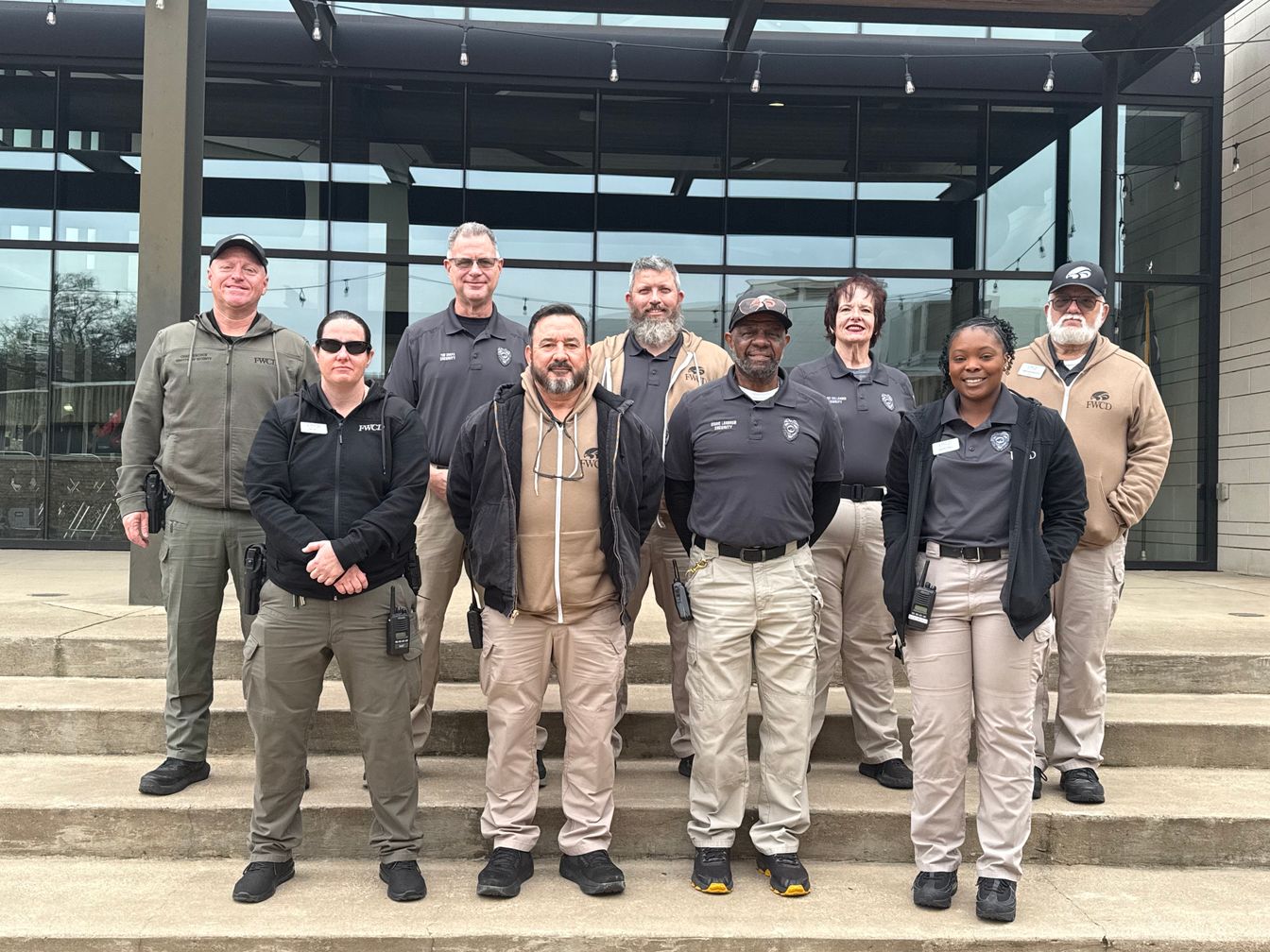
%20(1)%20(1).jpeg)
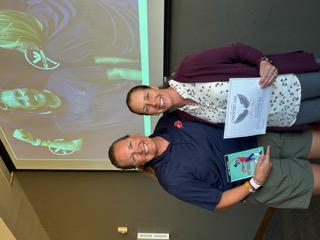
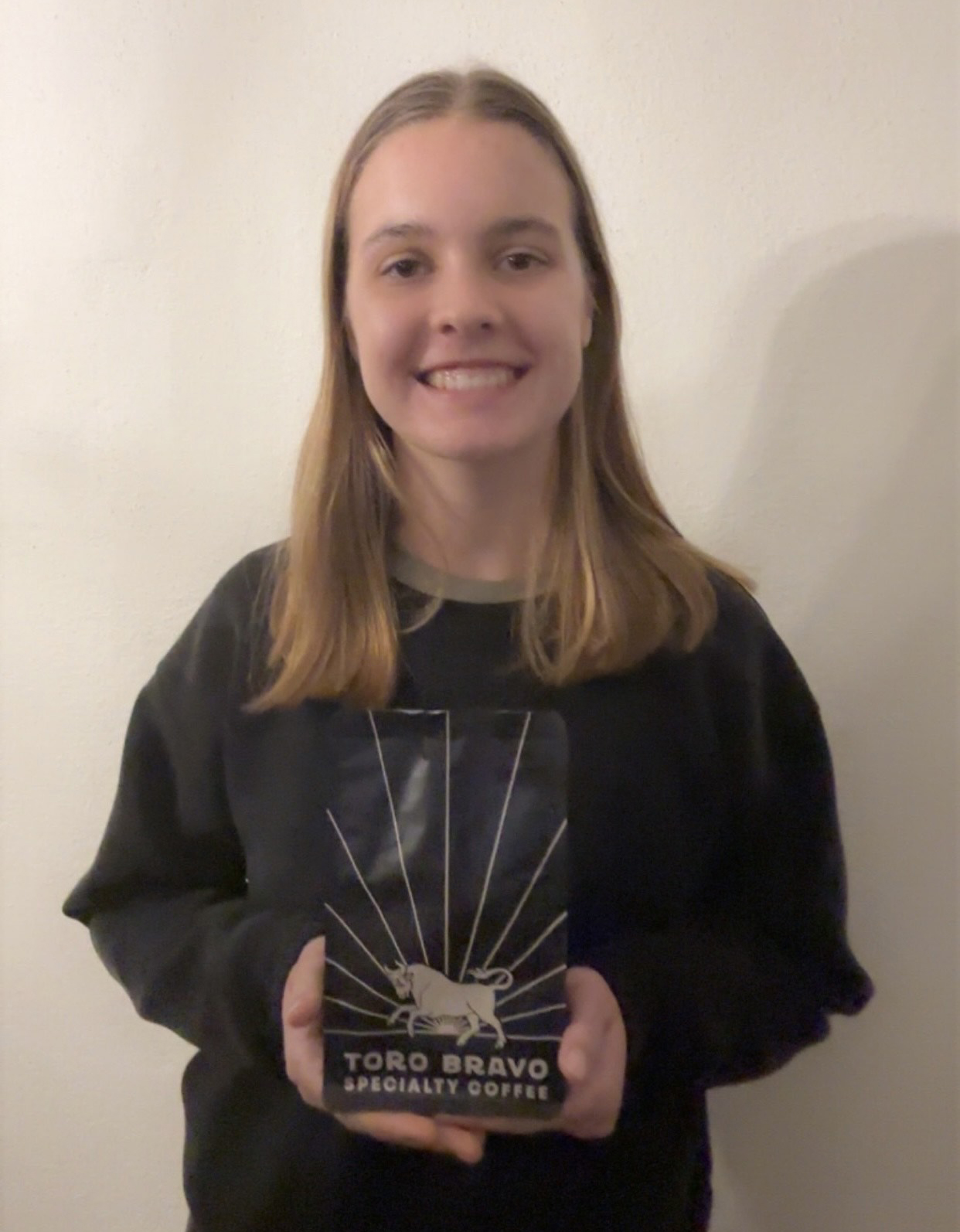


.jpg)
.jpg)
.jpg)
.png)
